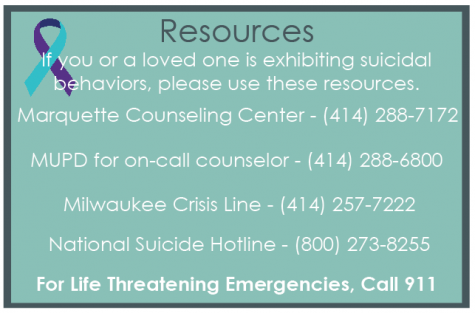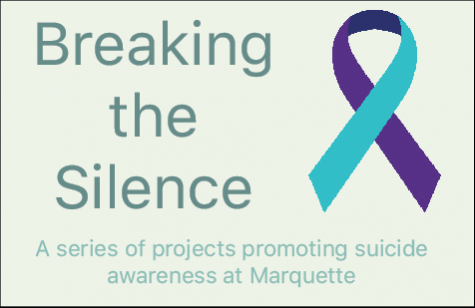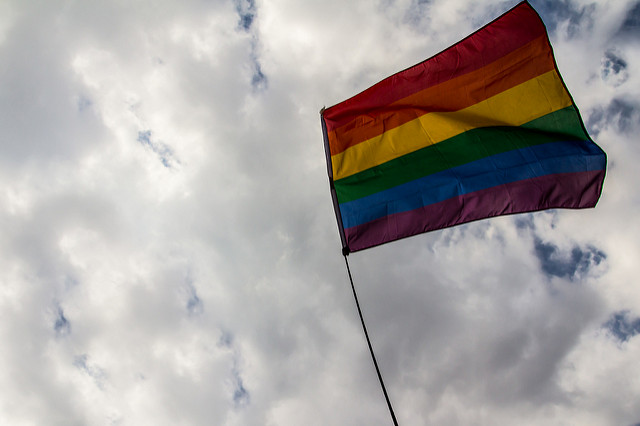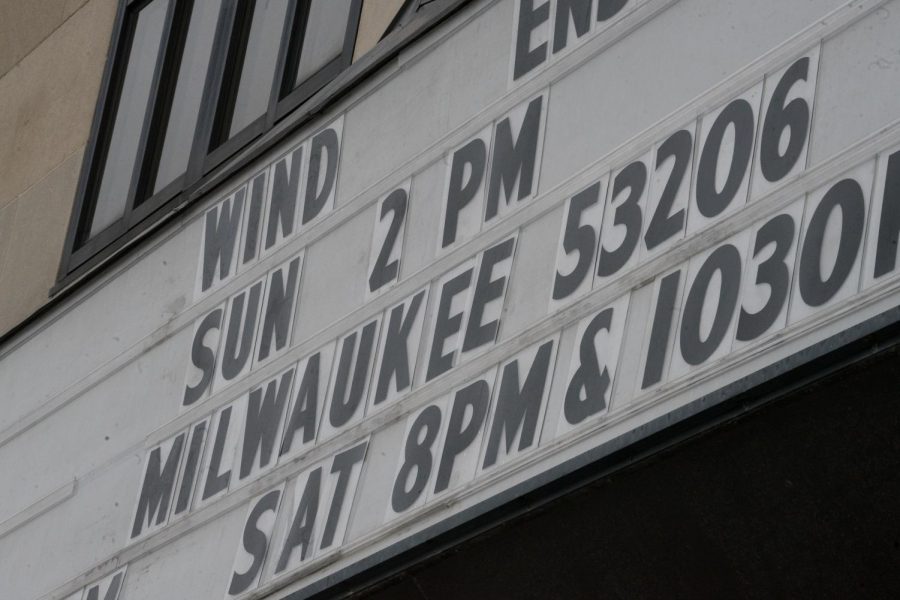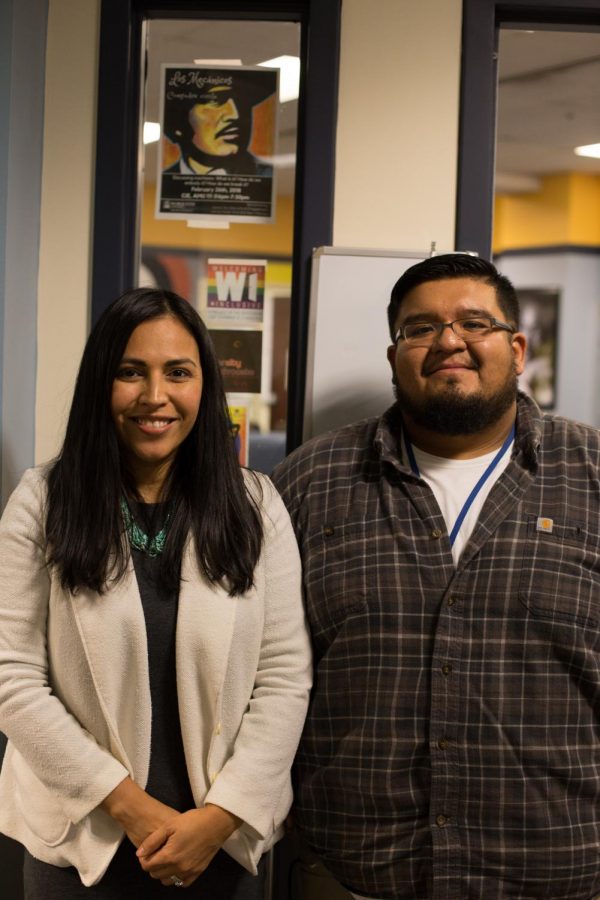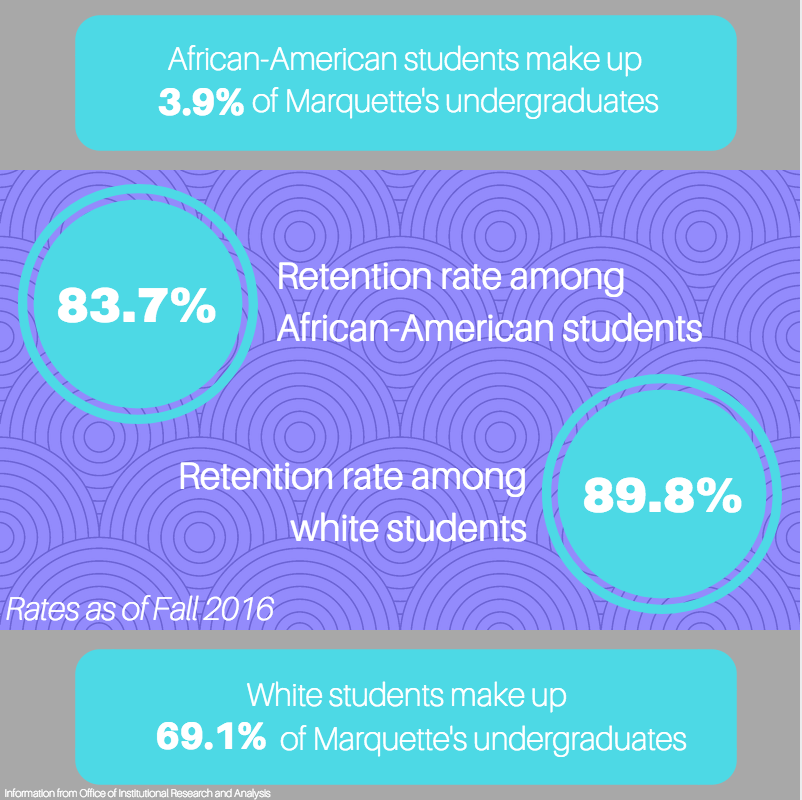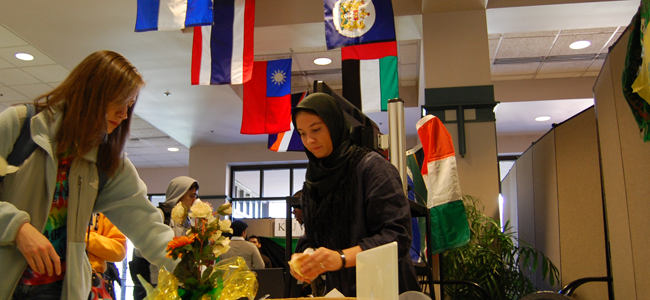In Marquette’s LGBTQ+ Resource Center there usually isn’t much to note about visiting tours. Usually.
But there was one tour that Sam Perez, a program assistant for the LGBTQ+ Resource Center, never forgot.
While meeting with students and staff in the LGBTQ+ Resource Center one afternoon, she overheard a tour guide introduce the room to the group of prospective students.
“This is the LGBTQ+ Resource Center, but nobody really uses it.”
One phrase, and the role of the center was minimized. Perez and Enrique Tejada III, the coordinator for the LGBTQ+ Resource Center, filed a bias incident report.
“(The resource center staff) want students to know that if they need somebody, we will be as much as their family as we possibly can,” Perez said. “I am not just here as a resource, I am here as a friend and an ally.”
Spaces like the center allow LGBTQ+ adults a place where they know they are not alone, Tejada said. Given the population, for some, the center is providing students with life-saving resources. According to the Trevor Project, the suicide attempt rate is four times greater for LGB youth and two times greater for questioning youth than their straight counterparts. The Trevor Project is a leading national organization providing suicide prevention services to LGBTQ+ young adults ages 13-24.
A new research analysis by JAMA Pediatrics published this year showed a link between state legalization of same-sex marriage and a decrease in adolescent suicide. Suicide attempts by high school students decreased by seven percent in states after same-sex marriage was legalized. There was no change in states that did not legalize the bill. When the Supreme Court legalized it nationwide in 2015, suicide attempts fell by 14 percent among LGB high school students.
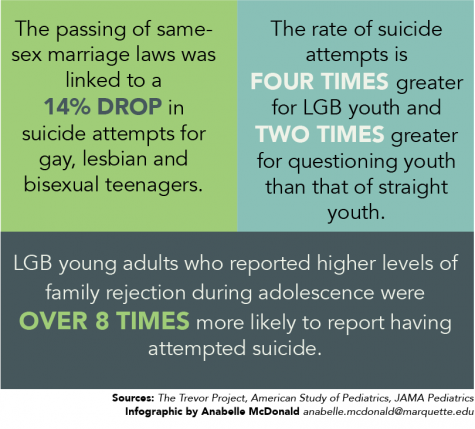
“One of the biggest forms of institutionalized discrimination were state bans on same sex marriage, which limited many LGBT people’s access to the same socio-cultural opportunities as other individuals,” said Nicholas Heck, an assistant professor in the College of Arts & Sciences. “The Supreme Court making same sex marriage legal and recognized chips away at that institutionalized or societal level stigma and starts to break that down.”
Heck said it is still important for people to realize that although this is an improvement at the societal level, stigma is starts with individuals. Heck specializes in research on LGBT health. When students come to him for help he acts as a source of nonjudgmental support.
The LGBTQ+ Resource Center heavily collaborates with the counseling center to give students the resources they need.
“If students disclose that they are intending to either harm themselves, have harmed themselves or are contemplating suicide, we make an appointment with them to see counseling services,” Tejada said.
Heck said aspects such as bullying, peer rejection and the feeling of having to conceal their sexual or gender identity from others contributes to this higher risk for suicide attempts. Heck specializes in research on LGBT health.
According to a study by the American Study of Pediatrics, LGB young adults who reported higher levels of family rejection during adolescence were 8.4 times more likely to report having attempted suicide.
Heck said this family rejection poses a great problem for LGBT youth since they are forced to either experience the rejection, try to alter an integral part of their identity or hope that their family eventually becomes more accepting.
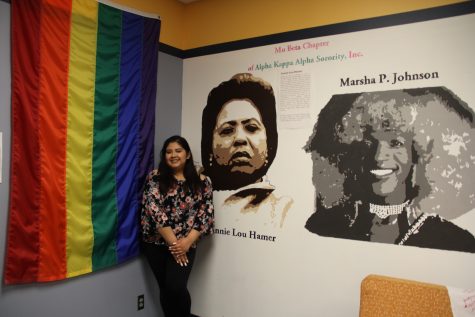
Perez, a freshman in the College of Arts & Sciences, identifies as pansexual: she experiences attraction to members of all gender identities. She started working as a program assistant last semester, but said she wished she knew about the center back when she started school in August.
“I live in McCormick so I have an abundant amount of friends there, but even though it’s social I couldn’t find a lot of people I could relate to,” Perez said. “Being here in this center and then having the (Center for Intercultural Engagement) next door, it’s given me a new group of friends I can come to and they understand.”
The resource center provides discussion groups where students can engage in a safe space with peers who are going through the same situations as them. Students are free to visit the center at any time and speak one-on-one with Tejada or a program assistant about any issues they are facing.
“The thing to keep in mind is that LGBT adolescents experience a lot of the same stressors as their heterosexual peers, but they also experience an abundance of unique forms of stress that are specific to these salient aspects of their identity,” Heck said.
This story is part of the Marquette Wire’s “Breaking the Silence” series to increase awareness and start dialogue about suicide in college. Read, watch and listen to more coverage here.
